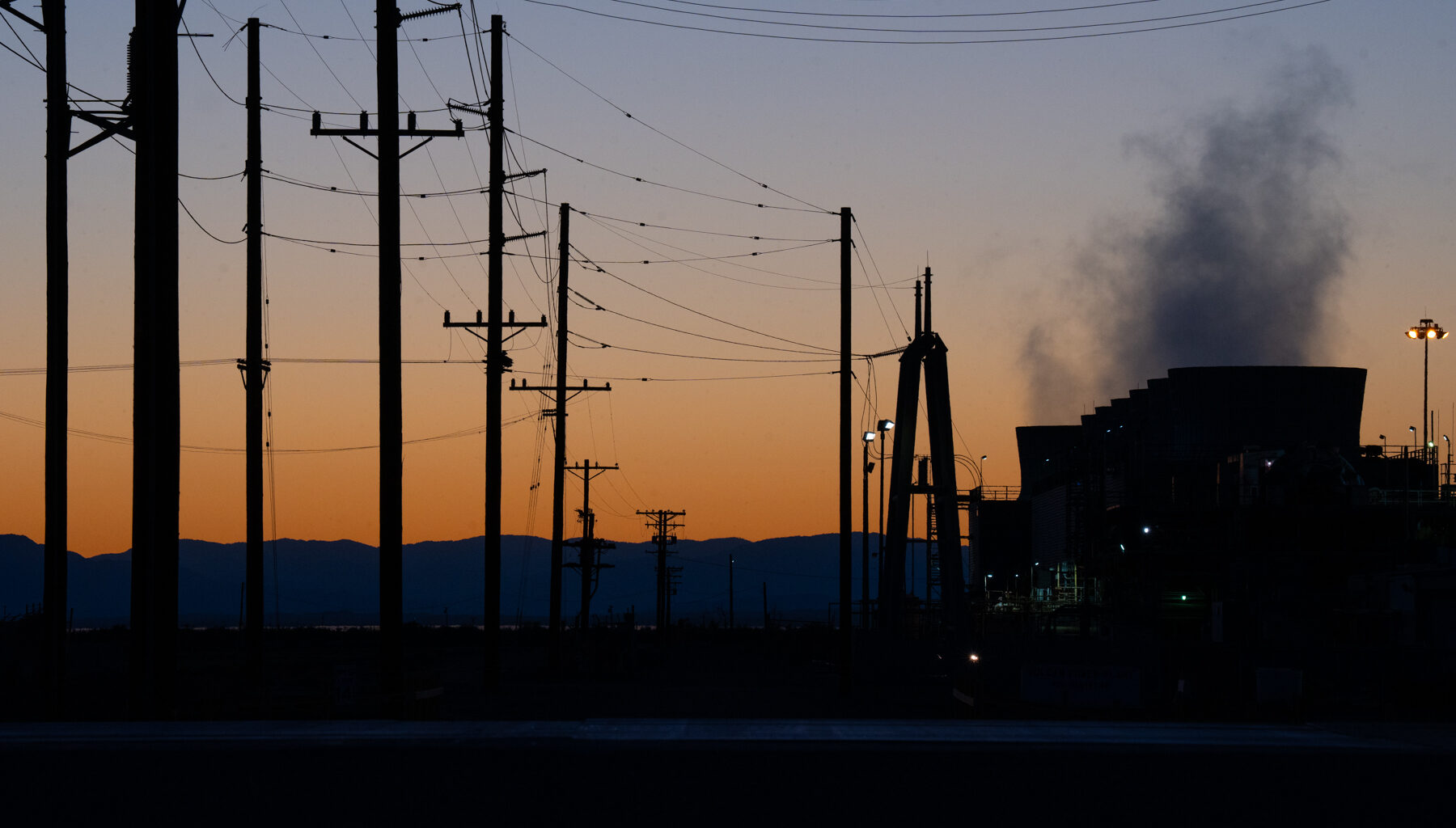Why this matters
Tracking greenhouse gas emissions provides tools to control climate-altering emissions.
The federal Environmental Protection Agency has proposed ending a rule that requires businesses to report greenhouse gas emissions.
Thousands of oil refineries, coal and natural gas burning power plants, landfills and other facilities would no longer have to report how much they pollute if the agency moves forward with the change. In San Diego and Imperial counties, more than two dozen companies would no longer be subject to the reporting requirement.
“The (program) is nothing more than bureaucratic red tape that does nothing to improve air quality,” EPA Administrator Lee Zeldin said in a press release.
The proposal is the latest in a series of recent federal policy changes aimed at rolling back environmental policies from the Biden administration and before. Upon entering office, Trump began the year-long process of exiting the 2015 Paris Agreement, under which the U.S. was required, among other developed countries, to report its yearly emissions.
Since President Donald Trump took office, the EPA has cut funding to environmental justice initiatives across the country, eliminated “climate change” from its website and has been withholding research funds related to studying global warming.
The agency said the Greenhouse Gas Reporting Program, which has been active since 2010, has been “burdensome” to businesses. The program requires large emission sources, those that produce over 25,000 metric tons of carbon dioxide a year, to report their emissions yearly. The database accounts for 50% of emissions in the U.S. according to the EPA website.
Zeldin said ending the rule would save businesses $2.4 billion dollars in regulatory costs.
The agency also said it would postpone data collection for petroleum and natural gas production until 2034, pushing back a requirement under President Biden’s Inflation Reduction Act.
Following the announcement, a comment period will open and will be announced on the EPA’s website.
In San Diego environmental groups have been grappling with and bracing for impacts caused by changes in the federal approach to funding and regulating clear air initiatives.
Earlier this year, the National City-based Environment Health Coalition had to cut long-sought clean air projects when the EPA terminated their $20 million grant.
Masada Disenhouse, the executive director of SanDiego350, a nonprofit that focuses on fighting climate change and climate injustice, said floods and fires that have impacted Southern California show how palpable climate change already is today.
“It’s painful to see the federal administration making a mockery of the Environmental Protection Agency and its mission to protect our health and environment by instead giving polluters a free pass,” Disenhouse said.
“Ending these reporting requirements won’t make carbon pollution go away in San Diego or elsewhere – it will just make it harder to hold polluters accountable and to reduce toxic emissions.”
Here are the entities in San Diego and Imperial counties that would be affected by the change.
